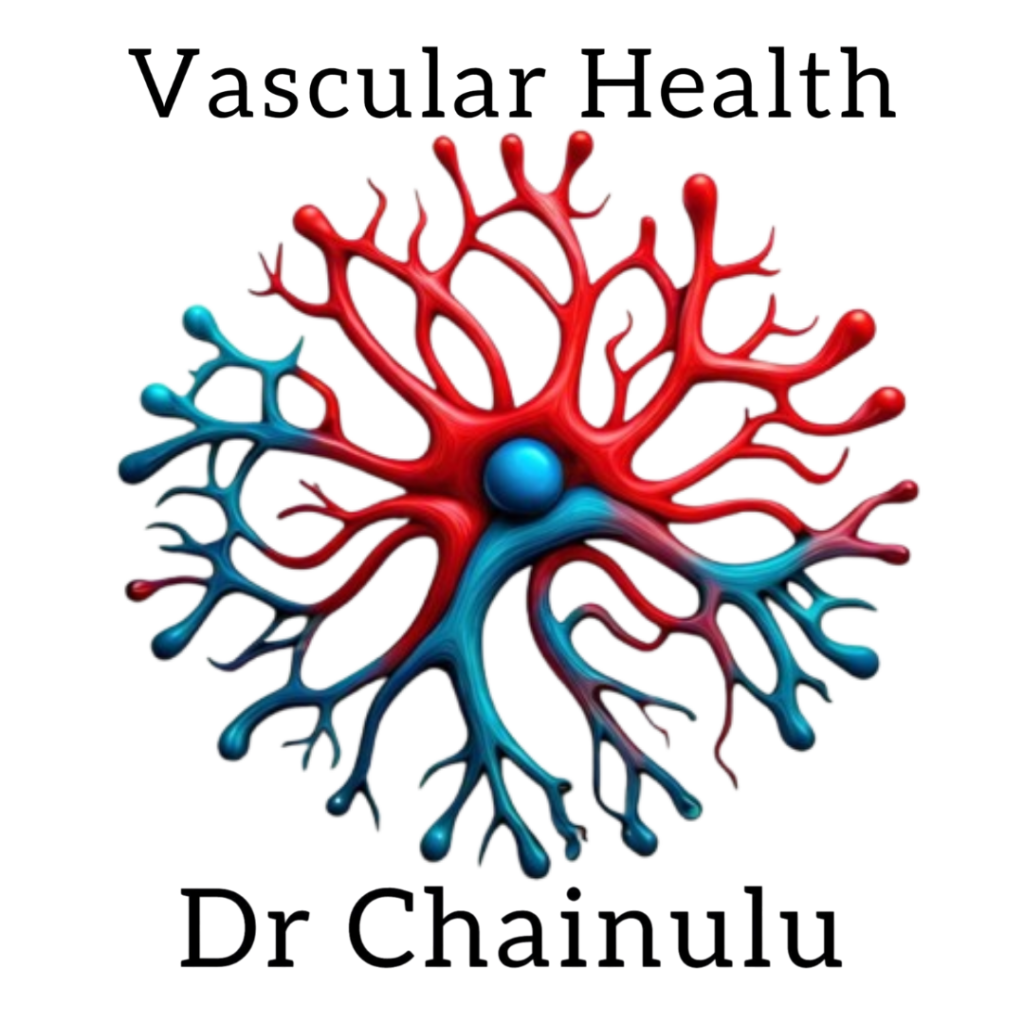Varicocele – Why – What – How?
Varicocele is a condition in which the veins in the scrotum become enlarged and twisted. While varicoceles are relatively common, affecting about 10-15% of men, many people are unaware of the condition and its potential impact on their health.
What causes varicocele?
Varicoceles typically occur when the valves within the veins that control blood flow fail to function properly. This allows blood to pool in the veins, causing them to stretch and become enlarged.
The risk factors are genetic predisposition, lifestyle factors such as smoking and alcohol use.
Symptoms of varicocele
In many cases, varicoceles do not cause any noticeable symptoms.
– Heaviness, discomfort or pain in the scrotum, particularly after physical activity or prolonged standing.
– Swelling or enlargement of the scrotum
– Decreased sperm count or poor sperm motility
Diagnosing varicocele
Varicoceles are typically diagnosed through a physical exam of the scrotum. In some cases, additional imaging tests may be necessary to confirm the diagnosis. These may include ultrasound, MRI, or CT scans.
Treating varicocele
Treatment for varicocele typically depends on the severity of the symptoms and the impact on fertility.
In cases where the condition is mild and does not cause significant discomfort, we may recommend simply monitoring the situation over time. However, if varicocele is causing pain, discomfort, or fertility issues, treatment may be necessary.
The treatment options for varicocele are:
1. Varicocelectomy – Open Surgery which involves tying off the affected veins to prevent blood from pooling in the area.
2. Varicocele embolization is a minimally invasive procedure performed by an Interventional radiologist, that involves blocking the affected veins in the scrotum. This is typically done using a special material, such as coils or tiny particles, which are inserted through a small catheter into the affected veins. The material blocks the flow of blood to the affected veins, allowing them to shrink and relieving the symptoms associated with varicocele.
What are the benefits of varicocele embolization?
Varicocele embolization offers a range of benefits compared to traditional surgical treatments.
– Minimally invasive: Less pain and shorter recovery time
– High success rate: Varicocele embolization has a success rate of over 90%, which is comparable to surgical treatments.
– Low risk of complications
– Outpatient procedure: Patients can return home the same day and resume normal activities within a few days.
Preventing varicocele
While there is no surefire way to prevent varicoceles from developing, there are certain steps you can take to reduce your risk. These include:
– Maintaining a healthy weight
– Avoiding excessive alcohol use
– Not smoking
– Wearing supportive underwear during physical activity
– Avoiding prolonged periods of standing or sitting
Conclusion
Varicocele is a relatively common condition that can cause pain, discomfort, and fertility issues in men. While there is no guaranteed way to prevent varicocele, maintaining a healthy lifestyle and being aware of the symptoms can help reduce your risk and ensure early detection and treatment if necessary.



